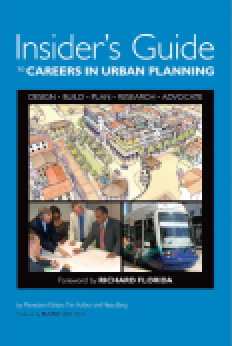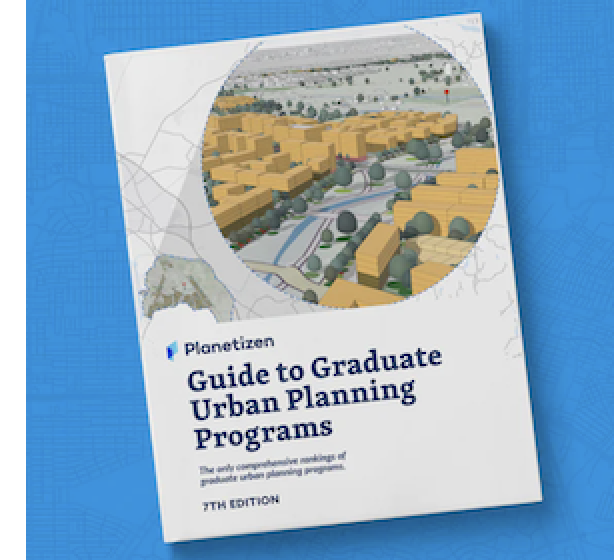Local governments in the Volunteer State can now offer developers incentives like increased density, lower parking requirements, and priority permitting for affordable housing projects.

Tennessee Gov. Bill Lee has signed into law a bill aimed at stimulating construction of affordable housing. According to an Nooga Today article by Kristen Templeton, local governments in the state are now able to offer no-cost incentives to builders of affordable housing developments:
- Increased density allowance to allow more units to be built on a piece of land, which makes it possible to build lower-cost homes.
- Lowered parking requirements, which can create savings up to $14,000 per home.
- Priority permitting, which can reduce carrying costs for developers in the pre-development process.
The incentive programs are voluntary and must align with PILOT reform and upcoming zoning reform. “Each municipality wishing to adopt the new framework will have to pass a local ordinance detailing the local incentives + [sic] process. Once adopted, developers and builders can opt in through a written notice of interest, and projects that meet the criteria will go through a review process for approval or denial by the Regional Planning Commission,” reports Templeton.
These types of no-cost incentives can be an easier pill for community stakeholders to swallow versus tax incentives and fees waivers, as they don’t directly cost local or state government revenue. But, according to InclusionaryHousing.org, “Even planning incentives such as density bonuses, which appear free, result in increased infrastructure and other public costs.” They add, “communities have to carefully weigh the costs and benefits of each incentive and evaluate them relative to the cost of meeting specific affordable housing requirements.”
FULL STORY: Bill signed to allow incentives for housing affordability in Tennessee

New Florida Law Curbs HOA Power
The legislation seeks to cut down on ‘absurd’ citations for low-level violations.

New Tennessee Law Allows No-Cost Incentives for Affordable Housing
Local governments in the Volunteer State can now offer developers incentives like increased density, lower parking requirements, and priority permitting for affordable housing projects.

Planners’ Complicity in Excessive Traffic Deaths
Professor Wes Marshall’s provocatively-titled new book, "Killed by a Traffic Engineer," has stimulated fierce debates. Are his criticisms justified? Let’s examine the degree that traffic engineers contribute to avoidable traffic deaths.

Study: Housing Crisis is About Affordability, not Supply
New research shows that there is no overall shortage of housing units, but all U.S. metropolitan areas face a severe lack of affordable units for low-income renters.

Are Race-Based Lawsuits Affecting Community Lenders?
Shelterforce spoke with community lending leaders and experts about the current mood across the sector. What, if anything, are organizations doing to avoid becoming the next target of conservative activists?

New Park Promotes Community and Connectivity in Lewisville, Texas
The city of Lewisville just celebrated the opening of Glory Park/Parque la Gloria, helping to improve park access and the quality of life for residents.
City of Madera
City of Santa Clarita
Borough of Carlisle
HUD's Office of Policy Development and Research
Chaddick Institute at DePaul University
HUD's Office of Policy Development and Research
Colorado Energy Office
Pima County Community College District
City of Piedmont, CA
Urban Design for Planners 1: Software Tools
This six-course series explores essential urban design concepts using open source software and equips planners with the tools they need to participate fully in the urban design process.
Planning for Universal Design
Learn the tools for implementing Universal Design in planning regulations.



















670d.png)

1784.png)





